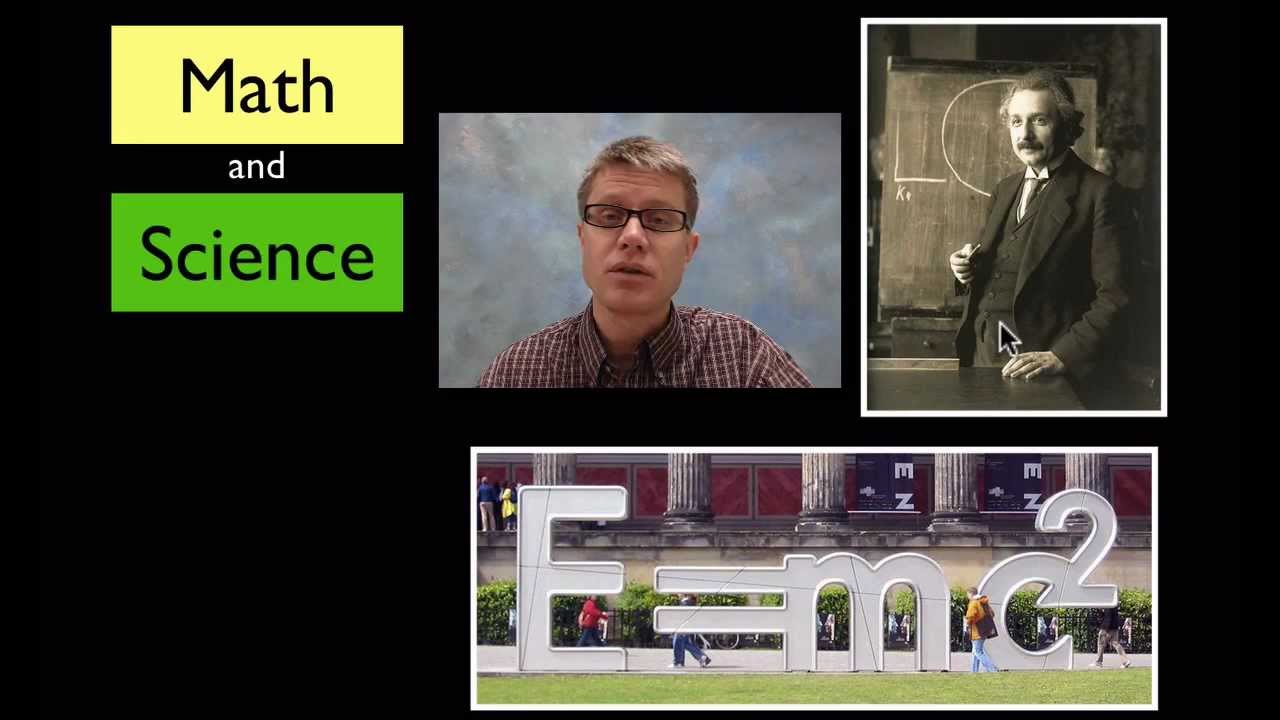ESS1.B: Earth and the Solar System
In this video Paul Andersen explains the parts of the Solar System; including the planets, dwarf planets, moons and asteroids. He explains how everything orbits around the Sun and how a proper understanding of this heliocentric model helps to explain planetary motions, eclipses, seasons, phases and even day and night. A teaching progression K-12 is also included.
CCC3: Scale, Proportion, and Quantity
In this video Paul Andersen explains the importance of scale in science and engineering. The Universe varies in size along three scales: size, timespan, and energy. Many phenomenon are too small and fast, or two large and slow to observe. We use the tools of proportion and units of measure to comprehend different scales. The video ends with a progression of instruction from K-12
SEP5: Using Mathematics and Computational Thinking
Paul Andersen explains how mathematics and computational thinking can be used by scientists to represent variables and by engineers to improve design. He starts by explaining how mathematics is at the root of all sciences. He then defines computational thinking and gives you a specific example of computational modeling. He finishes the video with a teaching progression for this practice.



